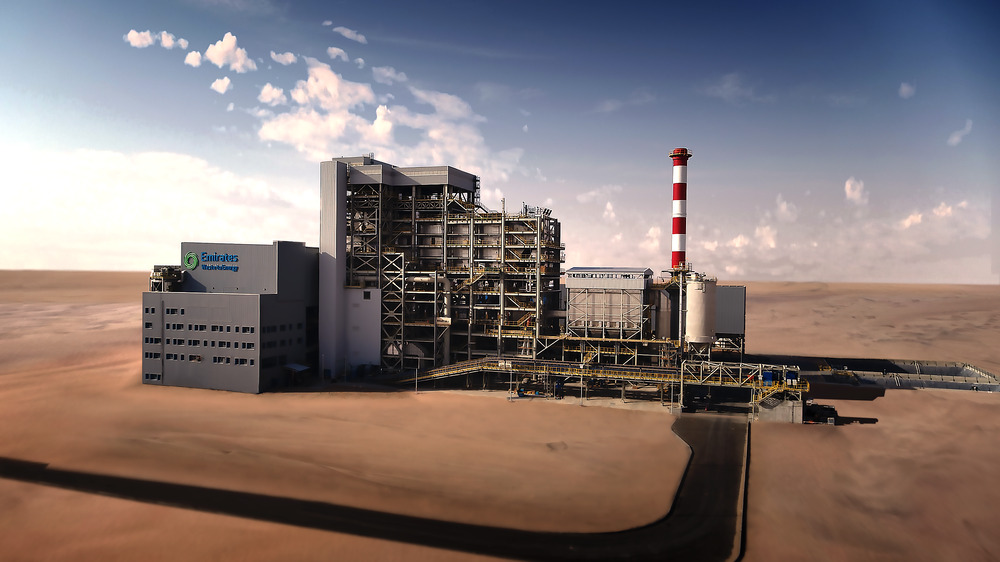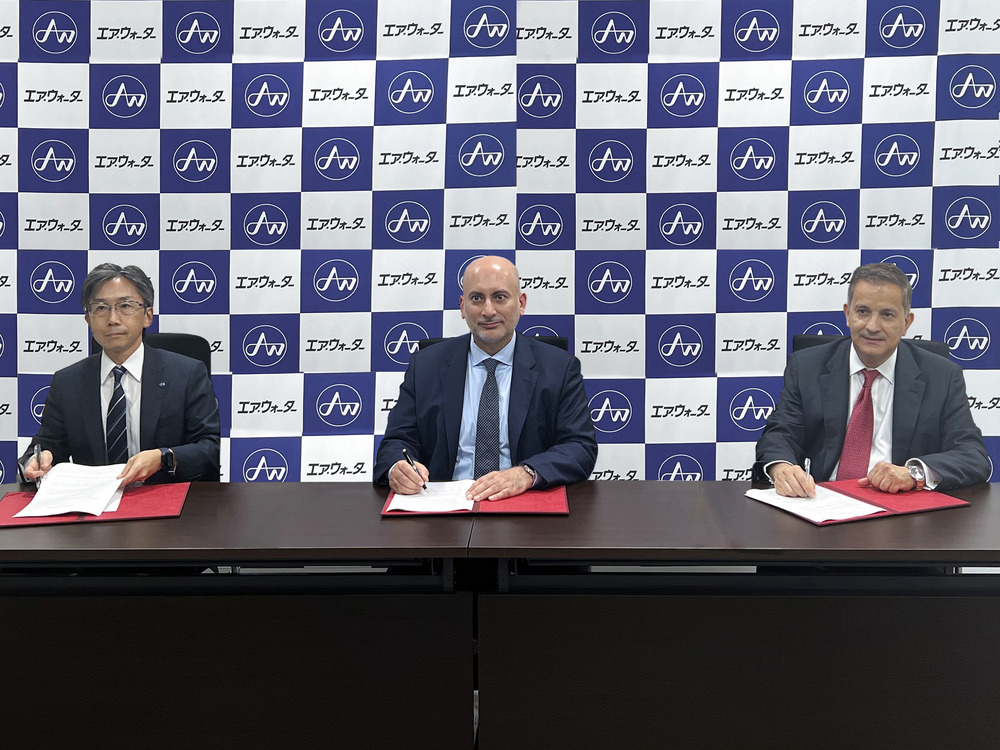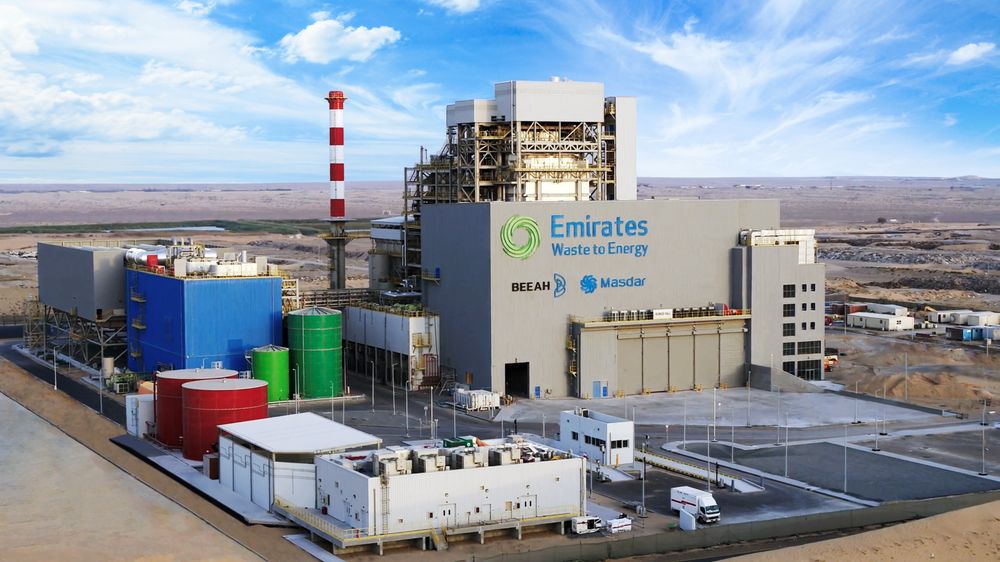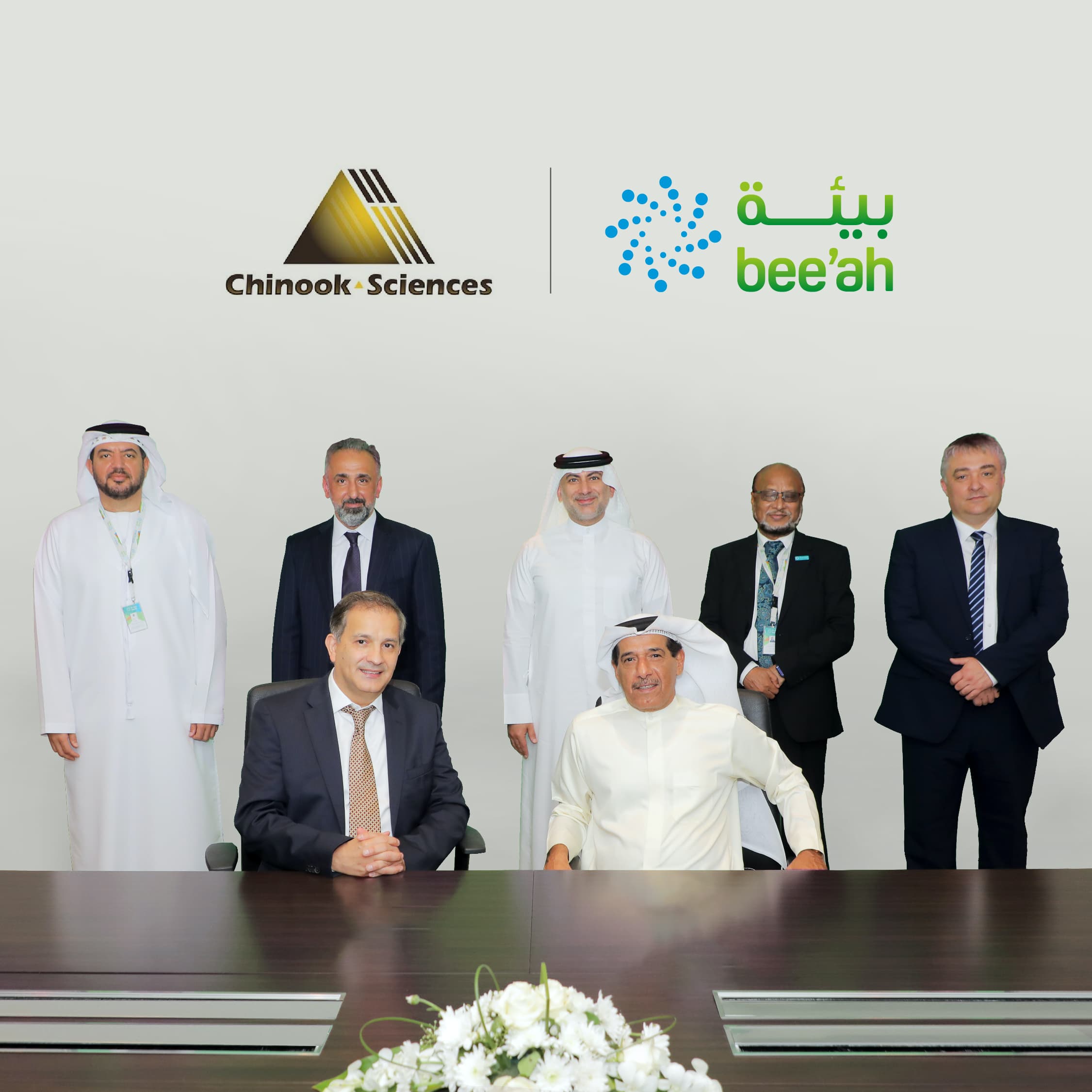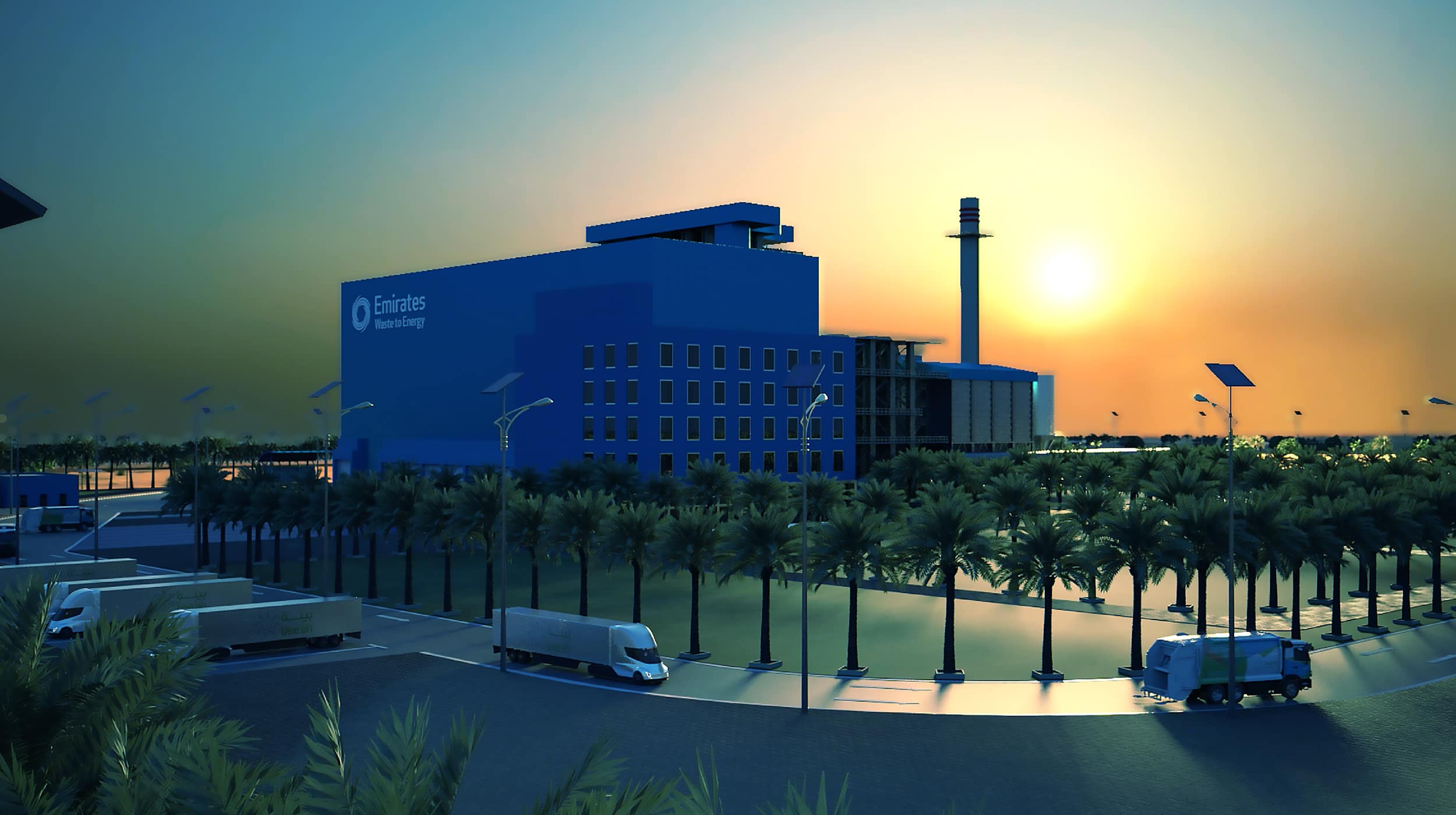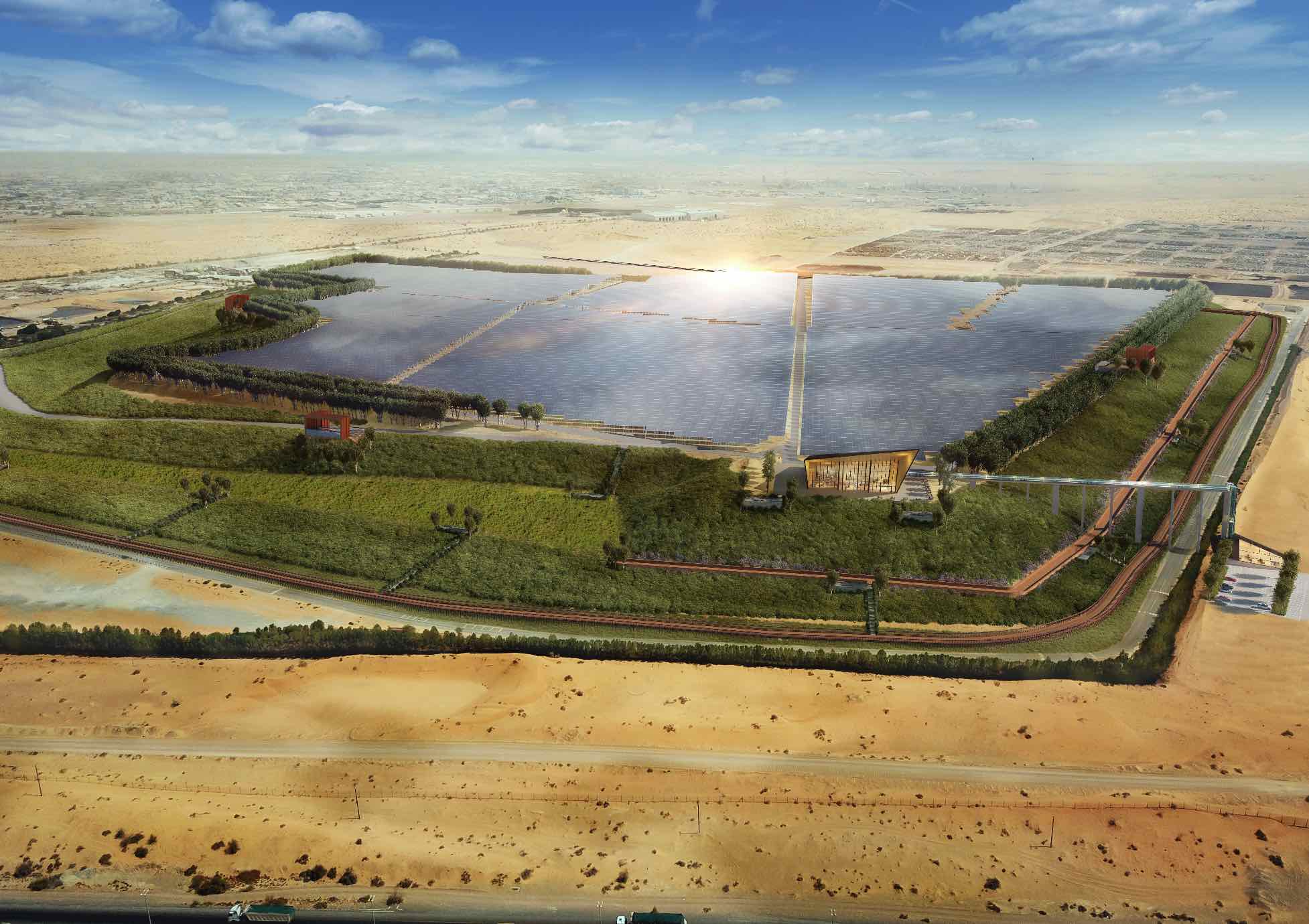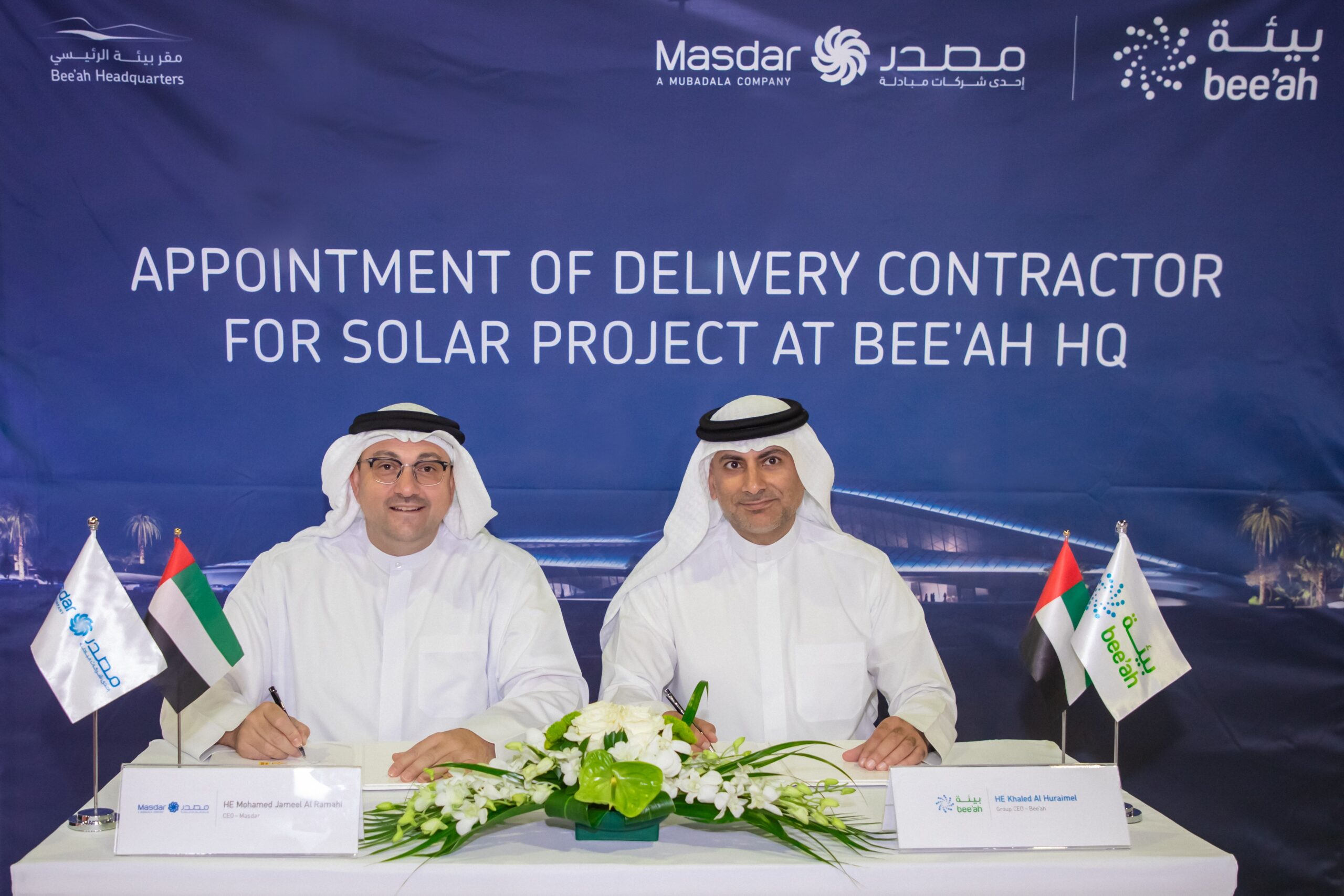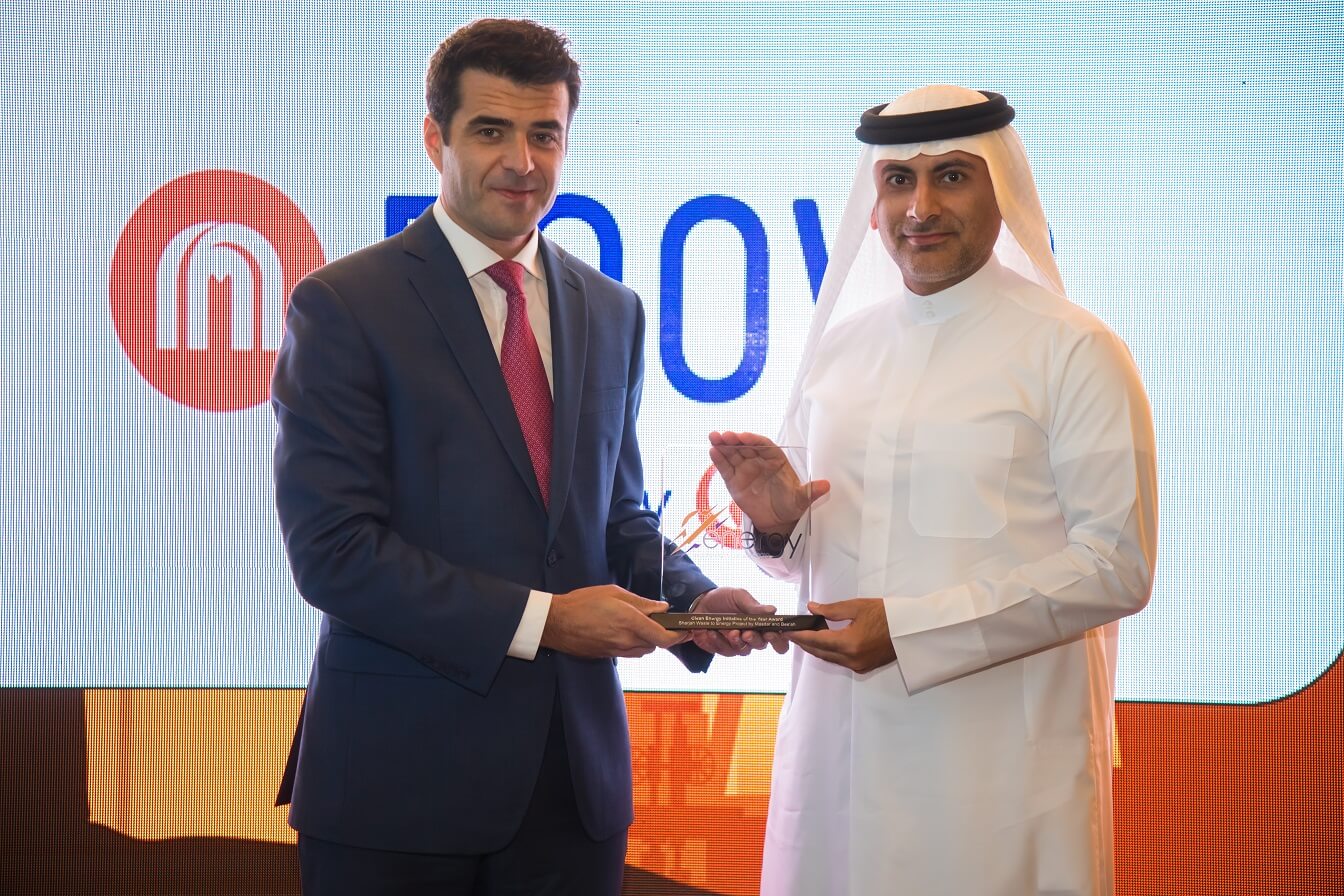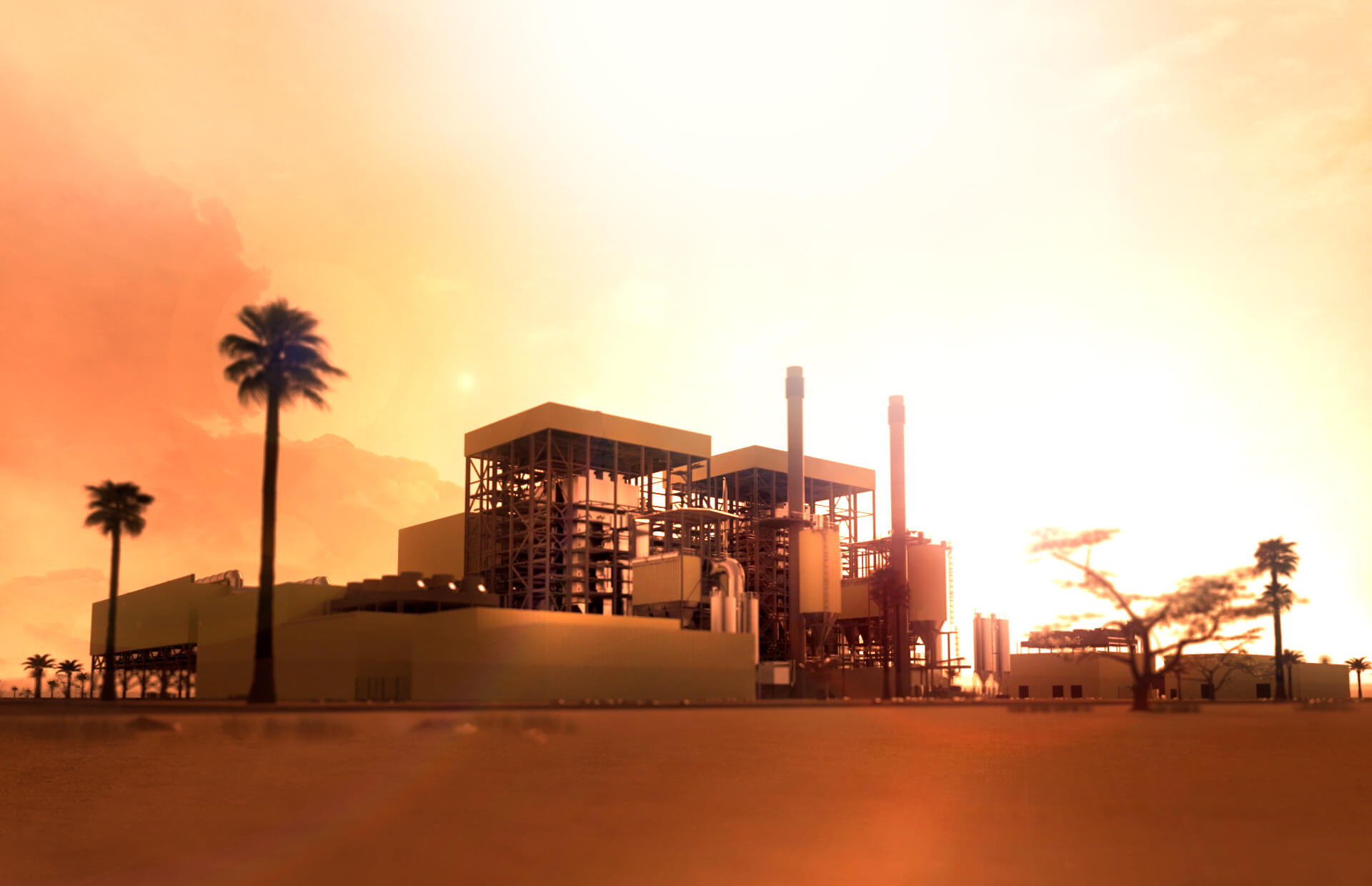Feb Thu 2021
Emirates Waste to Energy Plant
About the two companies
BEE’AH
- A pioneer in sustainability in the Middle East
- Bee’ah, headquartered in the emirate of Sharjah, is an integrated environmental and waste management company, founded in 2007, through an Emiri decree by His Highness Sheikh Dr. Sultan Bin Mohammed Al Qasimi, Member of the Supreme Council and Ruler of Sharjah,
- Due to rapid economic expansion, the UAE has one of the highest per capita waste generation rates in the world. In 2017, Bee’ah processed over 1.7 million tonnes of waste, collecting approximately 3 million tonnes of waste per year across the UAE.
- Bee’ah has been able to process the majority of this waste and divert this away from landfill, achieving the Middle East’s highest diversion rate of 76%
MASDAR
- Abu Dhabi’s leading company in renewable energy and sustainable urban development, advancing the development for cutting edge solutions for over 12 years, founded in 2006.
- Partners in high impact innovation that adopt clean-tech solutions, who push the limits of science, engineering and design, across a spectrum of industries
- Owned by the Abu Dhabi Government’s Mubadala Investment Company, Masdar are leaders of sustainable development, with a keen focus to pioneer businesses in the greater region of the Middle East to be scions for green commerce.
- Masdar actively invest in clean energy projects globally, with an $8.5B value on total projects of which Masdar’s share is $2.5B.
EWEC & the Emirates Waste to Energy Plant
Legacy and the need for better solutions
- Following the vision of His Highness Sheikh Zayed bin Sultan Al Nahyan, to create a non-fossil fuel dependent economy.
- The UAE is actively looking to move away from the reliance on fossil fuels to find practical, sustainable and environmentally friendly alternatives.
- Wind turbines are unreliable, and solar panels do not solve the issue of landfill waste.
- Oil Dependency in the UAE has declined from 90% in 1980 to below 60% by 2005.
- According to clean technology consultants, Pike Research, waste-to-energy is set to grow exponentially, reaching $2.9B by 2022.
EWEC: the perfect partnership
- Bee’ah and Masdar joined forces to form the Emirates Waste to Energy Company (EWEC)
- Talks of partnership between Bee’ah and Masdar began in June 2015.
This partnership was formed during the Abu Dhabi Sustainability Week (ADSW) in 2016.
- The following year ADSW’17 marked the formalised agreement for both companies.
- Both Bee’ah and Masdar recognised that a considerable amount of non-recyclable waste is being sent to landfills, so the development of a WTE plant would be the ideal solution, given that the average waste production of each UAE citizen is approximately 2.2kgs per day.
- The idea of converting non-recyclable waste to clean energy is a potentially inexhaustible source of energy, with the added benefit of completely eliminating landfill sites which pose environmental hazards.
- By diverting away from landfills, Bee’ah and Masdar as EWEC have developed a solution that will change the face of the Emirati environment and economy.
A State-of-the-Art Power Plant that provides Energy from Waste
- Following the 50:50 partnership formed at the ADSW’17 EWEC marked the occasion with the planned development of the first Multi-Fuel Waste-to-Energy (WTE) Plant to be developed by EWEC.
- The plant is set to be in commercial operation by Q4 of 2020.
- The development of the WTE Plant by EWEC is the first in their joint venture.
- Itwill enable Sharjah to become the first city in the region to achieve a ‘zero waste-to-landfill’ status, realising the National Agenda Vision – diverting 75% of solid waste away from landfills.
- The Plant will incinerate 37.5 tonnes of solid waste per hour, creating 30 megawatts (MW) of energy. i.e. 240 million kWh of energy annually
- This energy will be supplied to the Sharjah electricity grid and potentially 28,000 homes
- Almost 450 000 tonnes of CO2 emissions will be displaced by the plant every year, saving 45 million cubic meters of natural gas annually.
- The plant will divert around 300 000 tonnes of solid waste from landfill every year.
- Heat produced from incinerated waste will be used to generate electricity from spinning a dynamo, sent to the national grid.
- The incineration process used at EWEC’s plant will treat the emissions produced to minimise carbon and methane emissions. Both gases have notoriety in causing the greenhouse effect and impacting climate change. Methane is 18 times more harmful to the environment than CO2; By treating emissions from incinerated waste, the pollutants produced are minimised, through advanced technology.
- The advanced technology will be one of the first of its kind used, worldwide, being capable of not only minimising waste, but increasing electrical energy produced from incineration and eradicating up to 96% of non-recyclable waste.
- The economic impact of the WTE Plant will create a positive, circular economy, by creating new jobs at all levels, recycling, recovery and reintegration throughout all processes of energy production; and expand upon implementation at Sharjah to new regions throughout the UAE and beyond.
- The development of the plants will also attract foreign investments in to the UAE, which will further bolster the economic benefits of EWEC’s projects.
The Future of WTE Plants and the UAE
- EWEC envision further plants being developed across the UAE and Middle East, based on the environmentally saving impact, economical boost and sustainability of the project, with additional political benefits as the UAE moves to the forefront of environmental technology and awareness.
- The Ministry of Environment and Climate Change is interested in collaborating with EWEC’s Bee’ah and Masdar to expand toward the Northern Emirates, in order to meet energy goals set by the National Agenda-Vision for 2021 and the UAE Green Agenda 2015-2030.

